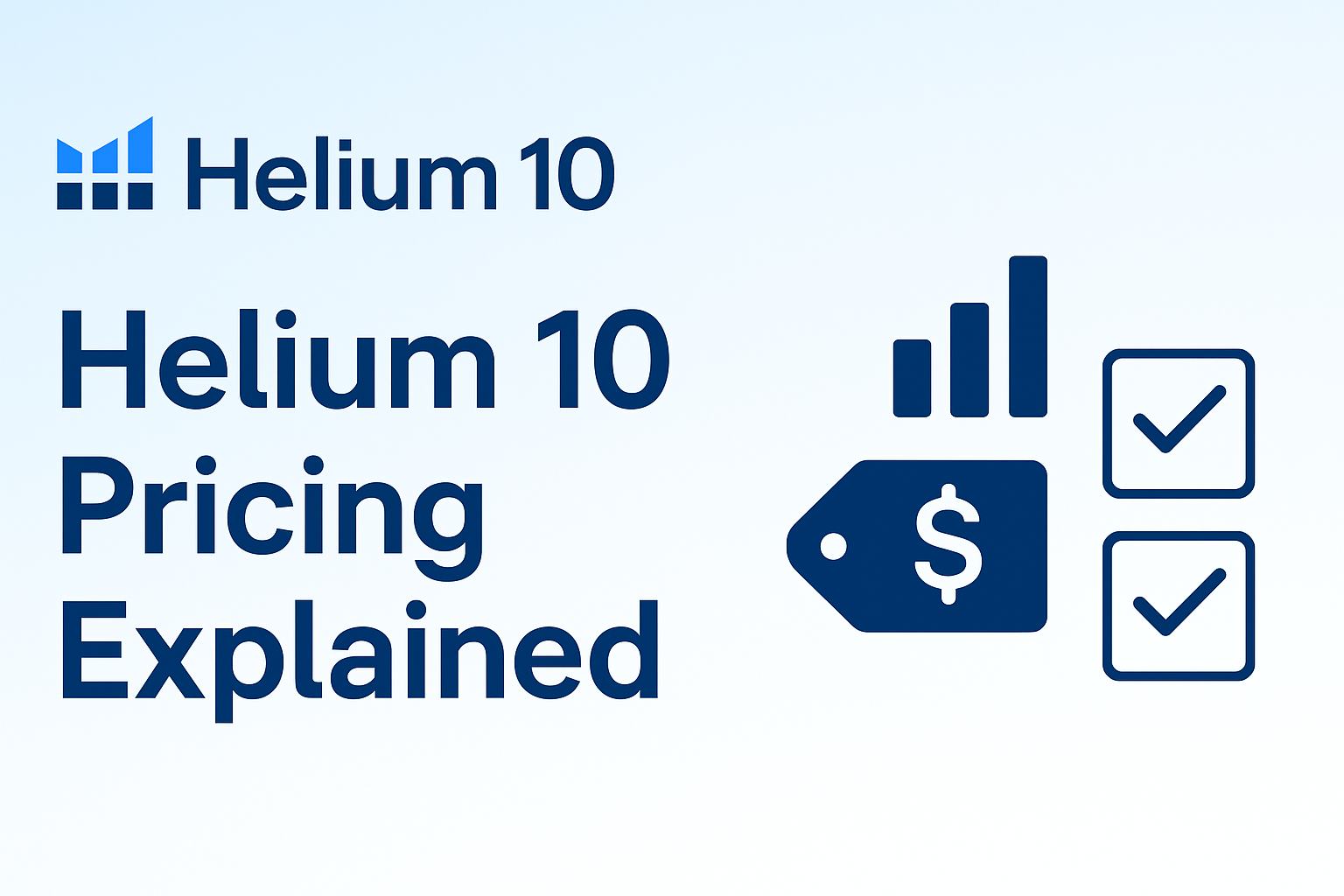The rise of online learning platforms has opened doors to new opportunities for students, professionals, and lifelong learners. Among the top players in this space, Udacity and Coursera stand out as two leading platforms offering a range of courses and programs.
But which one is better? If you’re in the market for an online learning platform, it’s crucial to understand the nuances of what each one offers.
In this article, we’ll dive deep into a side-by-side comparison of Udacity vs. Coursera, explore the strengths and weaknesses of each, and explain why Udacity might be the better choice for many learners.
1. Course Offerings: A Diverse Selection
Coursera’s Offering

Coursera is renowned for its extensive catalog of over 4,000 courses, encompassing a range of options from free offerings to professional certifications, degree programs, and even master’s degrees.
These courses originate from well-established institutions such as Yale, Stanford, and the University of Michigan.
Coursera also covers a wide range of subjects, including data science, computer programming, the humanities, and business. You can take individual courses or pursue a full degree or a specialization.
Udacity’s Offering

Udacity takes a more focused approach. While the platform doesn’t offer the sheer number of courses that Coursera does, its Nanos degree programs are where it truly shines.
These are specialized programs, often developed in collaboration with industry leaders such as Google, IBM, and Amazon.
These Nanos degrees are tailored to in-demand fields, including data science, artificial intelligence, digital marketing, programming, autonomous systems, and cloud computing.
Unlike Coursera, which offers a wider range of subjects, Udacity’s programs are industry-driven, focusing on helping students develop practical, job-ready skills in highly technical fields.
Winner:
Udacity – While Coursera offers a broader range of courses, Udacity’s industry-specific focus and specialized Nanodegrees give learners an edge in preparing for a specific career path.
2. Learning Format: Flexibility and Structure
Coursera’s Learning Format

Coursera’s format offers great flexibility. Most of its courses consist of video lectures, quizzes, peer-graded assignments, and forums for discussions. You can take courses at your own pace, although some courses are set with specific deadlines for assignments and exams. Coursera also offers guided projects and certification programs for professionals looking to upskill or reskill.
Another appealing feature is that Coursera offers a “free audit” option, which allows you to access the course material without paying for certification. This is an attractive option for learners who want to explore content but don’t need a certificate for their resume.
Udacity’s Learning Format

Udacity’s approach is more structured and immersive. Each Nanodegree program includes projects that mirror real-world tasks, allowing you to learn by doing.
In addition to video lessons, Udacity offers personalized mentorship, career coaching, and support from industry professionals. Udacity’s program is more like a boot camp – fast-paced and intensive, with a heavy emphasis on practical skills that can be applied immediately in the workplace.
While this structure is incredibly effective for some, it’s important to note that the cost of Udacity’s programs is higher than Coursera’s, reflecting the level of support, personalized attention, and industry-specific content.
Winner:
Udacity – With its more immersive, hands-on approach, and personalized mentorship, Udacity stands out as a better option for learners who want deep support in pursuing technical fields.
3. Cost: Affordability vs. Investment
Coursera’s Pricing
Coursera offers a more affordable range of options. Individual courses can be free if you’re simply auditing the material, but if you want certification or to pursue a degree program, you’ll need to pay.
Course prices typically range from $39 to $79 per month, though some specializations or degree programs may cost several thousand dollars. Coursera also offers financial aid to students in need, and many of its courses allow learners to apply for a trial period to test them out.
Coursera’s model allows learners to dip their toes into the content without paying upfront, making it ideal for those exploring a variety of subjects or who aren’t sure about committing to a full program.
Udacity’s Pricing
Udacity’s programs are pricier, with a Nanodegree program typically costing between $399 and $799 per month. Although this may seem steep, these programs are designed for individuals seeking to accelerate their careers in high-paying industries.
The price includes access to personalized mentorship, project reviews, and a community of like-minded learners. Furthermore, Udacity’s programs are structured to be more intensive, meaning that students can complete them in a few months rather than dragging out the learning process over a year.
For learners focused on gaining industry-specific skills, the higher price tag is often considered a good investment.
Winner:
Udacity – If you’re looking for an affordable learning option or exploring a broader range of subjects, Udacity offers the most flexibility at a lower cost.
4. Support: Mentorship and Career Guidance
Coursera’s Support System
Coursera provides solid support through discussion forums, peer reviews, and community features. Some courses offer help from teaching assistants, but the level of mentorship is not as in-depth as what you’d find on Udacity.
For more advanced or professional-level courses, Coursera offers career services that help you build your resume and prepare for interviews; however, the level of personalized guidance can be lacking for those seeking in-depth support.
Udacity’s Support System
Udacity’s mentorship is one of its standout features. Each Nanodegree program comes with a personal mentor who is a professional in the field you are studying.
These mentors guide you through the curriculum, helping you understand complex topics and providing feedback on your projects.
Career coaching is also included, which is extremely beneficial for those looking to transition into a new career or land their first tech job. Udacity’s focus on practical skills and hands-on support means you’re learning by doing with a clear path to real-world application.
5. Industry Connections and Job Readiness
Coursera’s Industry Connections
Coursera does have some industry partnerships, but its partnerships are more academic in nature. It works with top universities, and while that can provide valuable knowledge, it doesn’t always guarantee that you’ll be job-ready once you complete a course. Some of the certifications from Coursera are highly recognized by employers, but the learning experience is more academic and theory-driven.
Udacity’s Industry Connections
What truly sets Udacity apart is its deep industry connections. Nanodegree programs are often developed in collaboration with industry giants such as Google, Amazon, and IBM, meaning the content is highly relevant to the current job market.
These programs are designed to teach you skills that employers are actively seeking. Moreover, Udacity offers job guarantees in some programs, where they commit to helping you find a job in the field after completing the program.
Udacity’s focus on industry-driven content and real-world projects ensures that learners gain highly marketable, job-ready skills that are directly aligned with employer needs.
6. Reviews: What Learners Are Saying
What Coursera Learners Say
Coursera has a strong reputation among learners, especially those who want to pursue certifications from reputable universities. However, some users have mentioned that the lack of hands-on practice in certain courses makes it harder to gain practical skills. Learners who are looking for deep interaction or mentorship often feel that Coursera’s offerings are more self-paced and less personalized.
What Udacity Learners Say
Udacity generally receives positive feedback for its practical, career-focused approach. Learners appreciate the personalized mentorship and the real-world projects that prepare them for actual job tasks. However, some learners mention that the cost is a barrier, as it can be higher than other platforms. Still, for those who are serious about learning high-demand technical skills, Udacity’s specialized programs are often seen as a worthwhile investment.
Conclusion: Why Udacity Wins
Both Udacity and Coursera offer strong learning opportunities, but if your goal is to develop job-ready skills in a highly specialized field, Udacity is the clear winner. The platform’s industry-driven content, personalized mentorship, and focus on practical learning are powerful advantages.
While Coursera provides a more affordable and flexible option for casual learners, Udacity excels in preparing students for careers in tech and other specialized industries, making it the better choice for those who want to fast-track their career with tangible, real-world skills.
Ultimately, Udacity’s commitment to quality and real-world applicability means that it is often the better investment for learners serious about their career prospects in today’s competitive job market.




